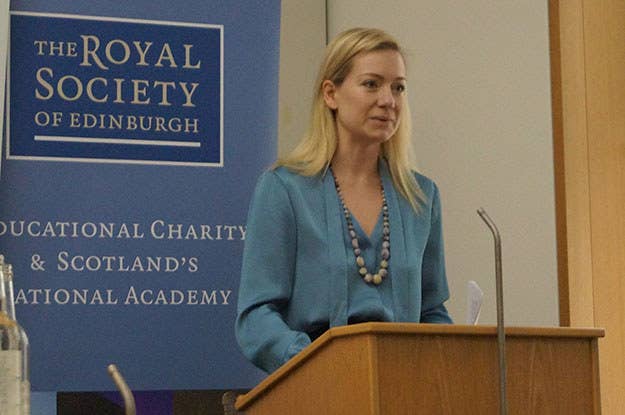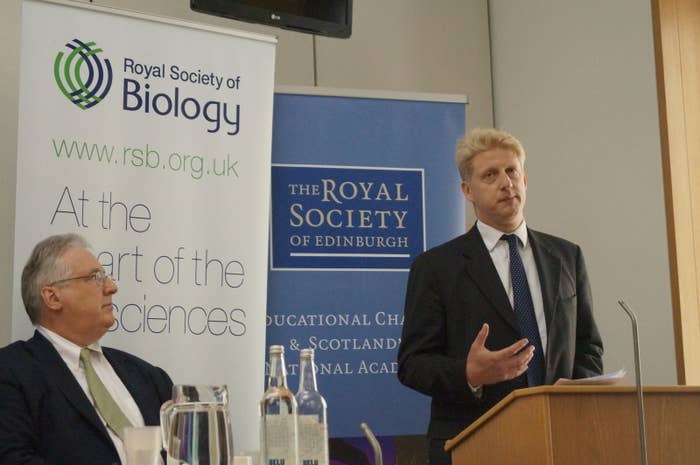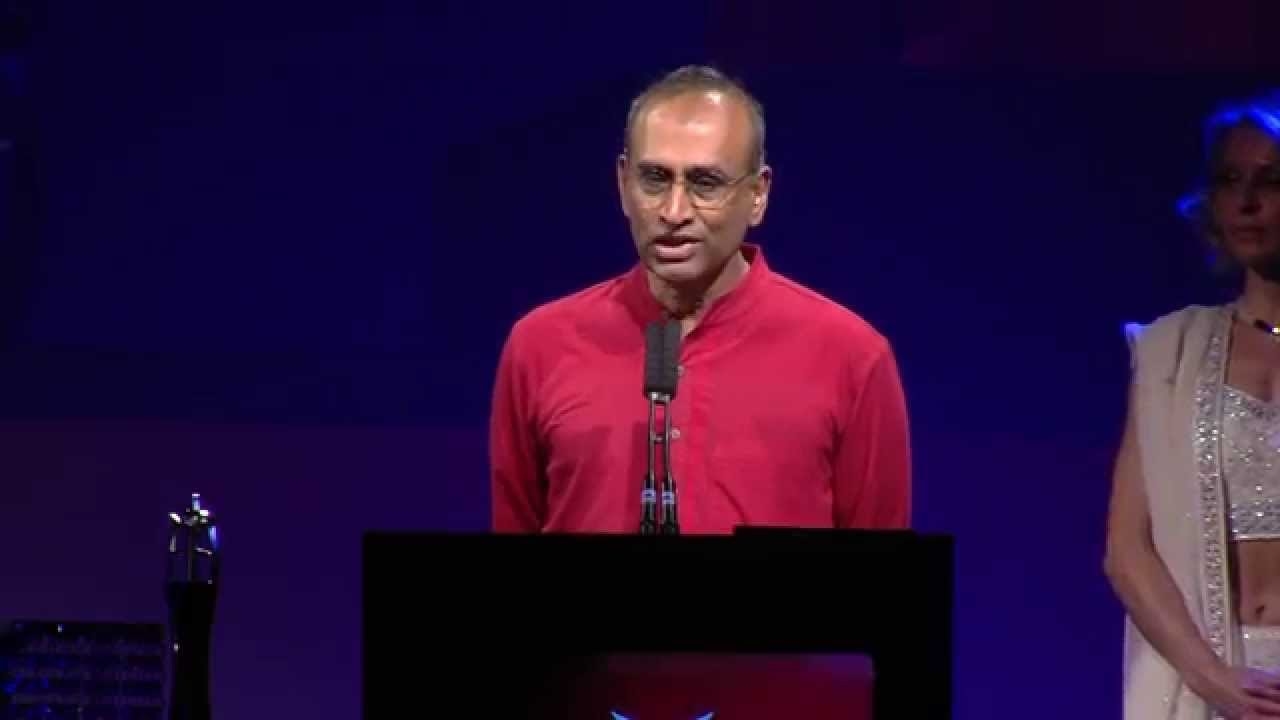
Politicians and scientific bodies have moved to reassure the scientific community that despite the vote to leave the European Union, British science will still be "open for business" to the rest of the world.
However, they also said that the free movement of people throughout Europe was important for British science, and that it would be extremely difficult to square that need with the wishes expressed in the referendum.
Jo Johnson, the science minister, and Nicola Blackwood, the chair of the Commons science and technology committee, both acknowledged that the vote would have a negative impact, but said that Britain would remain a world-class centre for science nonetheless.
During Parliamentary Links Day, a meeting between scientists and politicians at the House of Commons, Johnson, whose brother Boris led the Leave campaign, said that while the overwhelming majority of scientists had backed Remain, he now asked them "to think, as I am thinking, about how we best move forward, to minimise the damage and maximise the opportunities that might arise. It was a momentous decision and now we’ve got to make it work."

Blackwood added: "I’m sure most of you shared my shock that, despite the clear evidence of the economic and diplomatic risks, the majority voted for Brexit.
"However, I do not believe that rending our garments will protect our world class scientific system."
She said it was "very important to keep access to the single market," but that the referendum had revealed that free movement – a requirement for maintaining that access – was not a popular option. She said "creative" solutions were needed, although she didn't have any specific answers. "If I knew how to fix the immigration problem, I'd be prime minister by now."
Blackwood suggested that one idea might be to stop counting foreign students as part of the immigration statistics. "That's common sense," she said.
She also called on the Treasury to "step in" if the UK lost EU science funding for a period. "It's important that they do that," she said. Unrelatedly, a senior European Commission official has reassured British scientists that the European funding stream Horizon 2020 will remain available to British research at least until the end of negotiations.
Several senior scientists and Blackwood condemned the various racist hate crimes that have taken place since the referendum. Sir Venki Ramakrishnan, the president of the Royal Society, said: "A disproportionate number of fellows of the Royal Society and British Nobel laureates are foreign-born. Immigrants have made a huge contribution to British science.

"So it is distressing to see the tenor of the anti-immigration debate, and the violence of the last few days. One of our greatest assets is our reputation as an open and welcoming society [and if we lose it] we will not be able to compete globally for the best talent."
Robert Parker, CEO of the Royal Society of Chemistry, said: "We have a responsibility to make a stand against the xenophobia that has raised its head. Even at our office in Cambridge we’ve had members of our staff told to 'go home', and that makes me sick to my stomach."
Blackwood said: "I don’t think it’s a vote for isolationism; Trump doesn’t have a fifth column in Sunderland. I believe that the vast majority of Britons are not racist or xenophobic." She insisted that EU scientists living in the UK are still valued: "This vote was not saying that you are not welcome here. Quite the opposite. Your skills are much needed."
Johnson said that he had already reassured EU students in the country, and those applying to join universities this autumn, that they would have access to the student loan system until the end of their studies.
